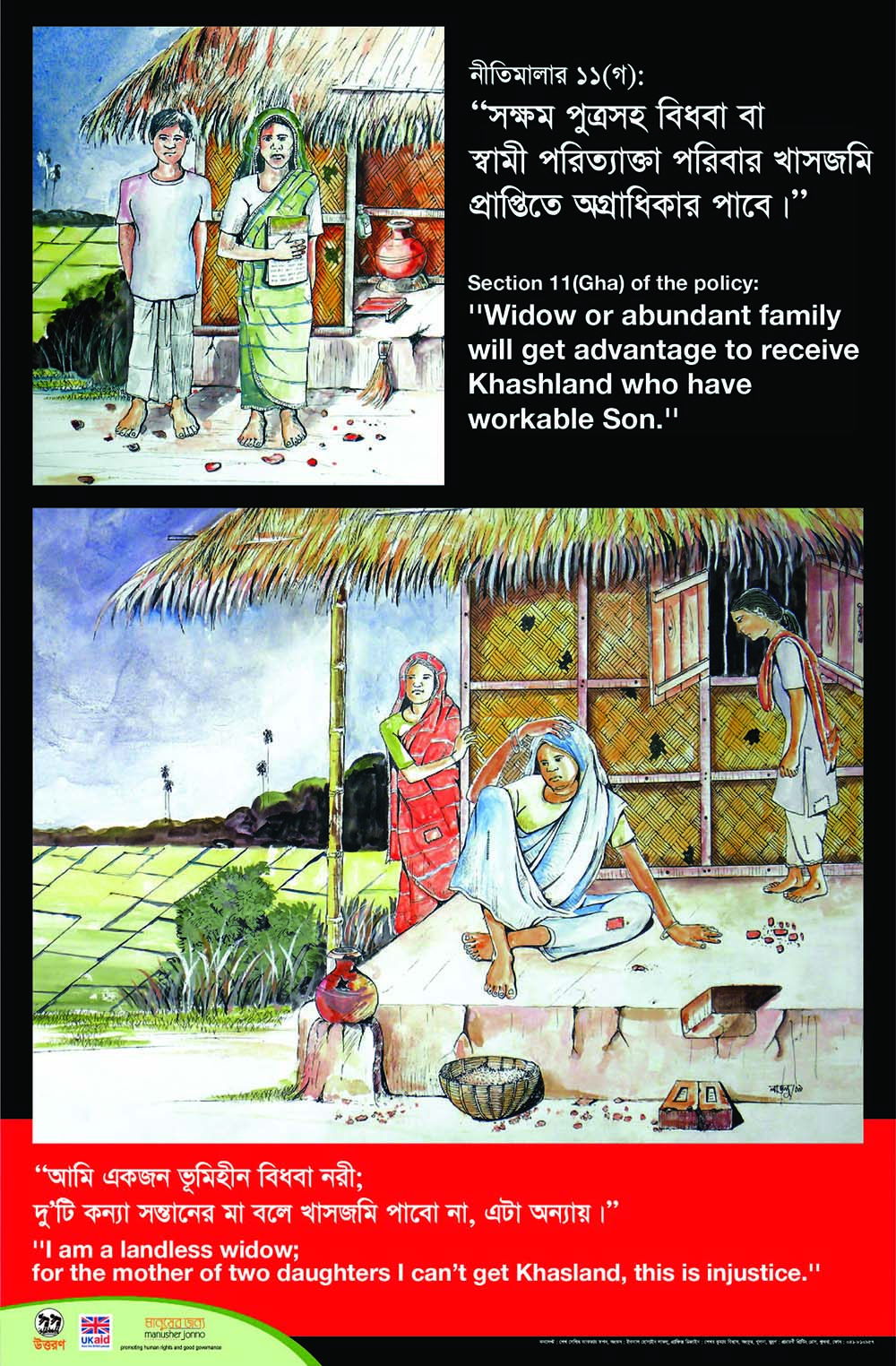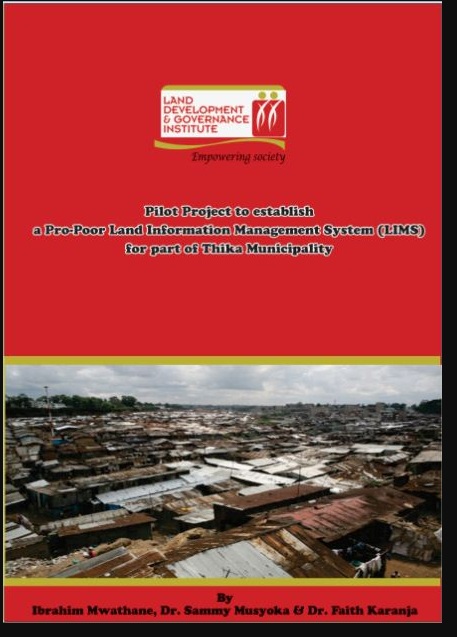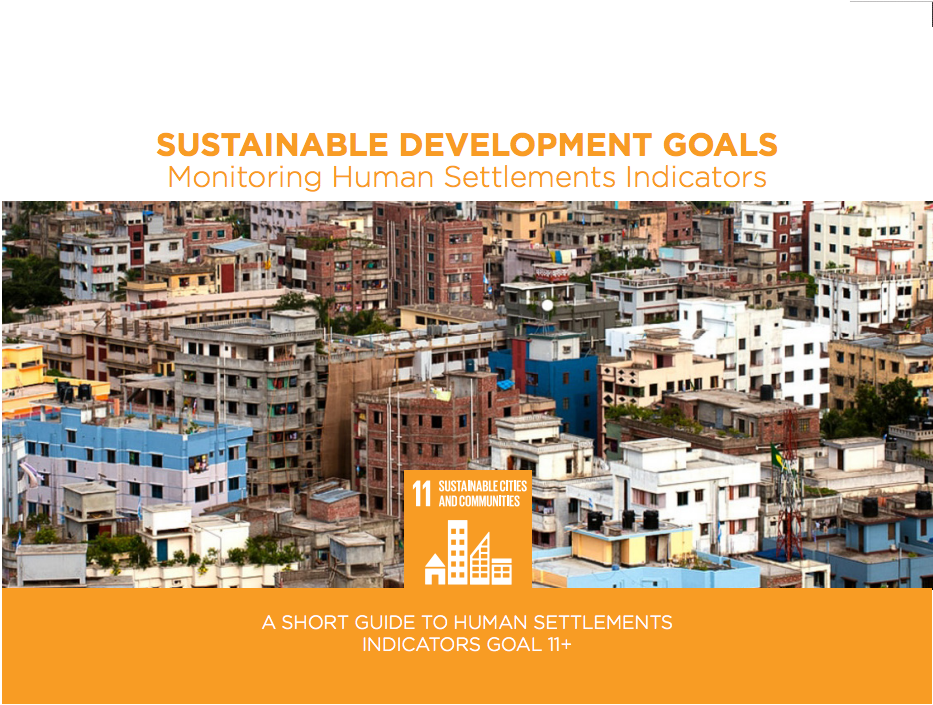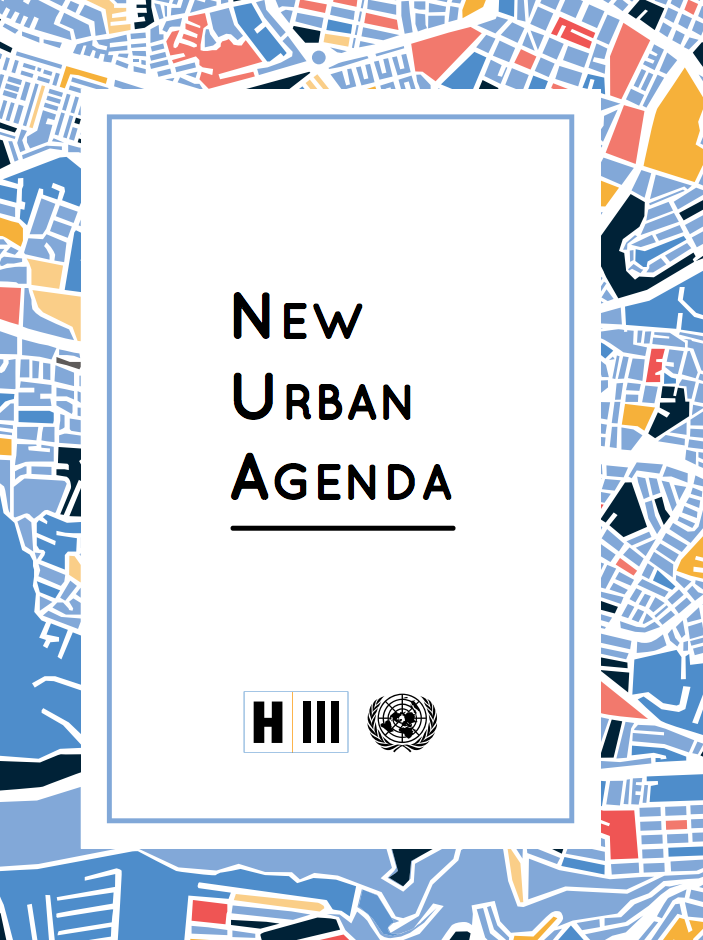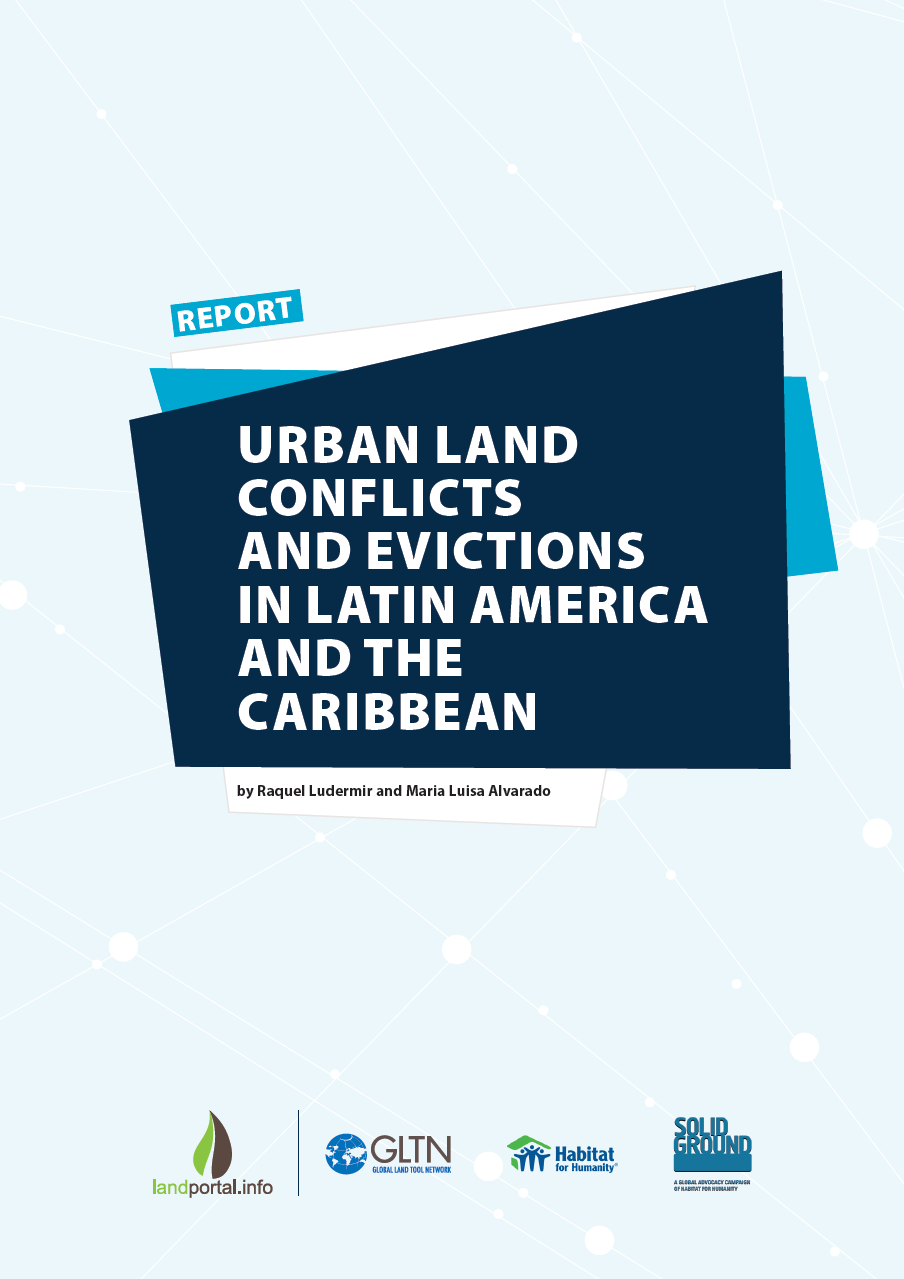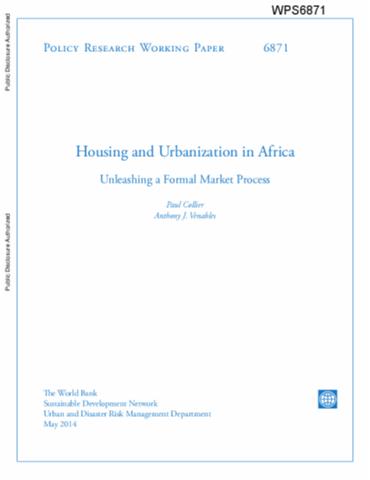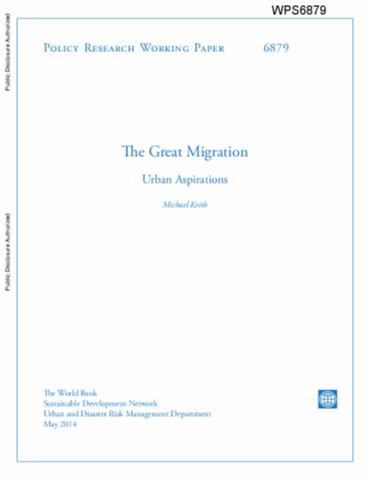Digital land Survey and Settlement in Bangladesh (cartoon book)
Utaran began work on the Sustainable Access to Land Equality (SALE) project to ensure transparency and accountability in land governance in December 2012. The project engaged communiies in three pilot upazilas - to raise the awareness of vulnerable landowners about land administraion, and to effect transparent processes for selecing landless people and for stateland setlement.






